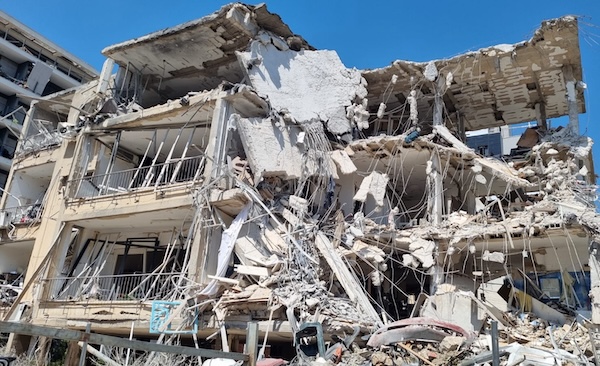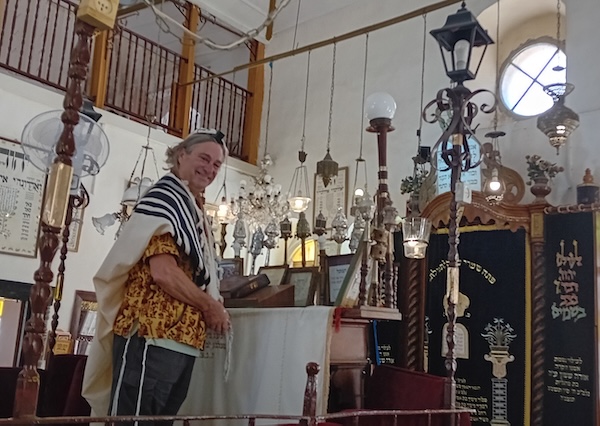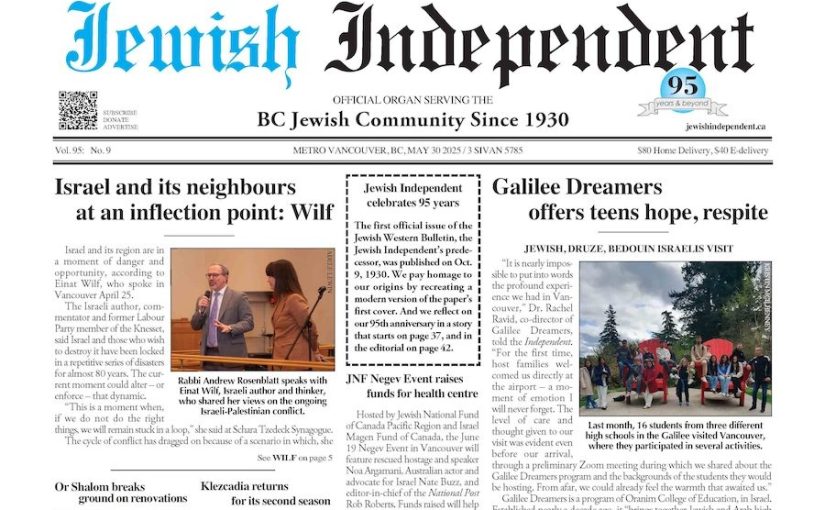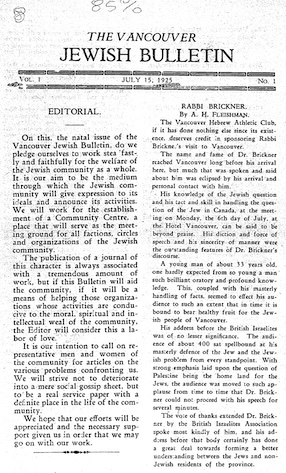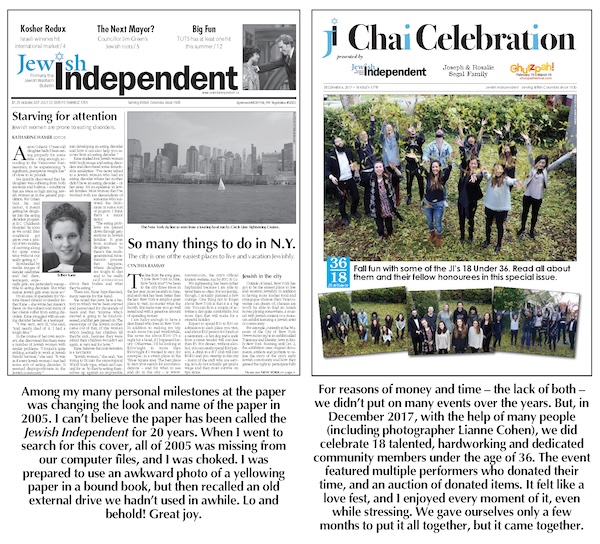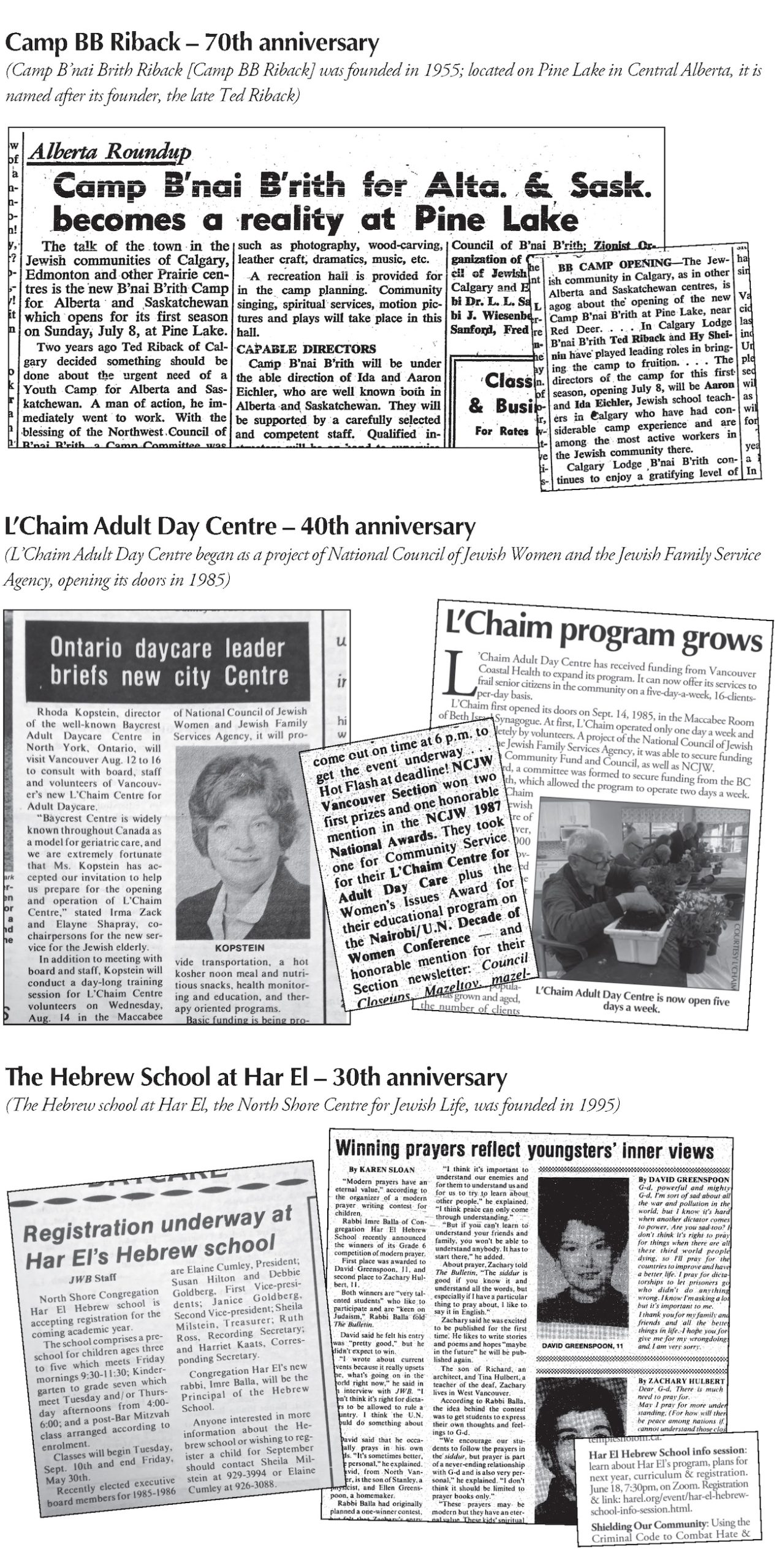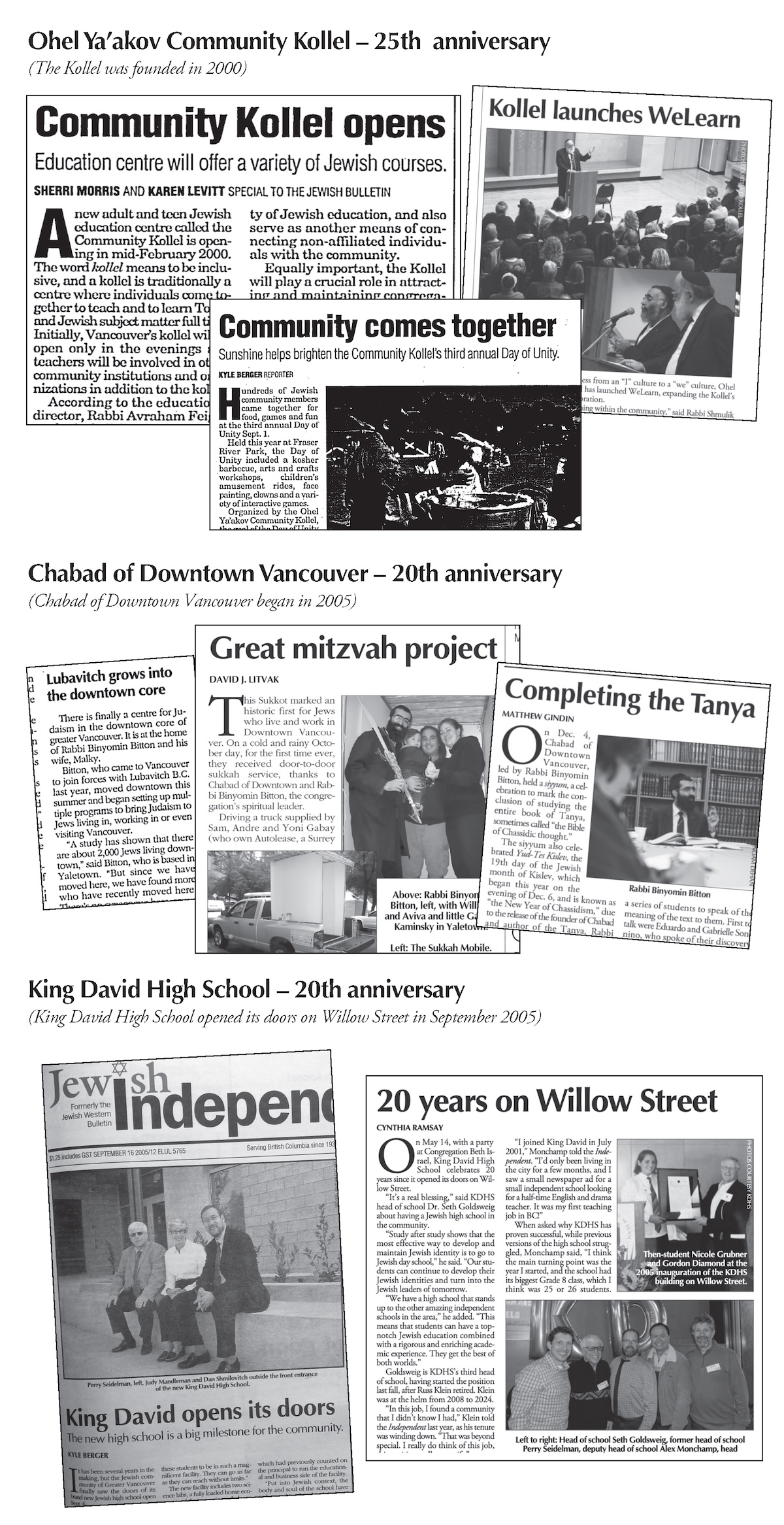My household’s really into learning. It doesn’t stop during the summer, when there’s no school. Even on vacations, we’re always trying to nurture our kids’ curiosity and feed our own.
When our kids were in preschool, and just toilet-trained, we took a long trip to a friend’s northern Minnesota cottage. I say “long” because Google Maps told us it would just be a few hours across the US border. Eight hours later, we’d been slowed by the border crossing, construction and stops at every unnamed exit along a dirt road off the North Dakota highway so the kids could go to the bathroom. It was an excruciating trip. Three days later, it was just as long on the way home to Winnipeg.
Yet, we remember parts of the trip fondly. This historic family cottage contained a mostly functional pump organ, books filled with spidery copperplate handwriting and an empty fish tank. In between long play sessions in the sand by the lake, our friend created new wonders for us to explore. Using a net and years of experience, he gathered a selection of lake life into the fish tank. Once indoors, with the tank now full, the friend and my husband, two adult biology professors, casually called over the kids to investigate.
Neither adult studied lake aquatics professionally. Instead, four heads poured over fish and fauna guides from years past, discussing what they thought was in the tank. The kids made observations, and the adults’ heads bobbed as they looked and agreed. Once the science mysteries were solved, the tank got dumped back into the lake. The next day, it all happened again.
We also visited the remains of an old gristmill, complete with a playground nearby. We then had a kite-flying break. Years later, my kids still wonder when we might ever get invited back to that magical cottage. The truth is, for the adults, it was a lot of effort: to open and clean the cottage, get and cook enough food for several days, and pack and travel there and home. This doesn’t include the many loads of laundry (toilet training!), or the lost items left in the dryer by mistake, which had to be mailed home internationally.
The “vacation” exhausted me. Still, when I put a photo background on my iPad, the obvious choice is an image of my small twins, in swim gear and floppy sun hats, playing on the rocks near the lake’s blue water.
These summer experiences weren’t fancy or expensive. They laid the groundwork for other adventures over time. One weekend in July, we went raspberry picking at a farm about 45 minutes away from home. Now, my kids, 14, are at a day camp learning to fence, do archery and play racquetball. They came home tired but also stretched by exotic activities that they’d not considered before. To my surprise, one of them stopped multiple times to thank me for arranging these outings. Now that he’s older, he texts constantly with school friends. He sees that our experiential learning isn’t the same as others. (And I hear about this all, too, because I wouldn’t take him to the folk festival during a 10+ wildfire air quality warning, or to the shopping mall!)
We try hard to hold onto this love for learning and intellectual curiosity even if the education system can cause one to lose enthusiasm. As our family hits the milestone of high school entry, we’re in limbo. The closest public high school, where their cohorts and friends will attend, is out of catchment for our children. We’re hoping to get our sons into that nearby school, but so far have not gained access through the provincial “school of choice” legislation. Another private high school looks to be a challenging, interesting academic option, but it’s pricey. It also means giving up on the small dream of attending the closest public school with beloved classmates.
Of course, as the parent facing the school division board of trustees, I looked to Jewish text to find strength, solace and direction. In the Babylonian Talmud tractate of Avodah Zarah, Daf 19a, there’s an examination of learning Torah with many nuggets of wisdom. Rava, who lived in the 4th century CE, says, “in accordance with the statement of Rabbi Yehuda HaNasi: A person should always learn Torah from a place in the Torah that his heart desires, as it is stated: ‘But his delight is in the Torah of the Lord.’” This advice, to study what you love, feels timeless.
Rava encourages learners to gain a broad understanding of the text before returning to analyze it. Further, for those of us who study and fail to understand, Rava encourages review and repetition as helpful techniques to gain access to basic understanding.
The next tidbit is one that I hold dear. Rava quotes earlier rabbis, such as Rav Sehora and Rav Huna (3rd-century CE), who suggest learning a little bit each day, studying and reviewing, to retain more Torah and more knowledge. Rav Nahman bar Yitzhak, a contemporary of Rava’s, responds in the next paragraph (and possibly in person), saying: “I did this, as I studied little by little and regularly reviewed what I had learned, and my learning has in fact endured.”
Experience and learn it and then decipher it; work away at it, a little every day; review it to retain more knowledge. These are still basic study skills. This guidance is the same that educators use today. These are ancient and Jewish ideas – Ben Bag Bag (Pirkei Avot, Sayings of our Fathers, 5:22) says, when referring to Torah: “Turn it and turn it, for everything’s in it.”
The rabbis took an expansive view, feeling that we could gain information about just about anything in the world if we studied enough Jewish texts. This even includes the funny tale of Rav Kahana – the student who hid beneath Rav, his teacher’s bed, to “learn” from him and his wife about marital relations – which is in the talmudic tractate Berachot on page 62a. While we would see this as Peeping Tom behaviour, the student says, “Rabbi, this is Torah!”
I’m not recommending my kids hide under anybody’s bed. I am, however, hoping they can maintain their wonder and enthusiasm about learning, wherever it takes them, a little bit each day, even when the going is difficult or there are obstacles in the way.
Summer’s the time, no matter our ages, to explore new skills informally, from lake water studies at a cottage to fencing. Little by little, I hope we can all find joy in learning more – about the world, Judaism and one another.
Joanne Seiff has written regularly for the Winnipeg Free Press and various Jewish publications. She is the author of three books, including From the Outside In: Jewish Post Columns 2015-2016, a collection of essays available for digital download or as a paperback from Amazon. Check her out on Instagram @yrnspinner or at joanneseiff.blogspot.com.

